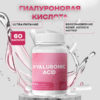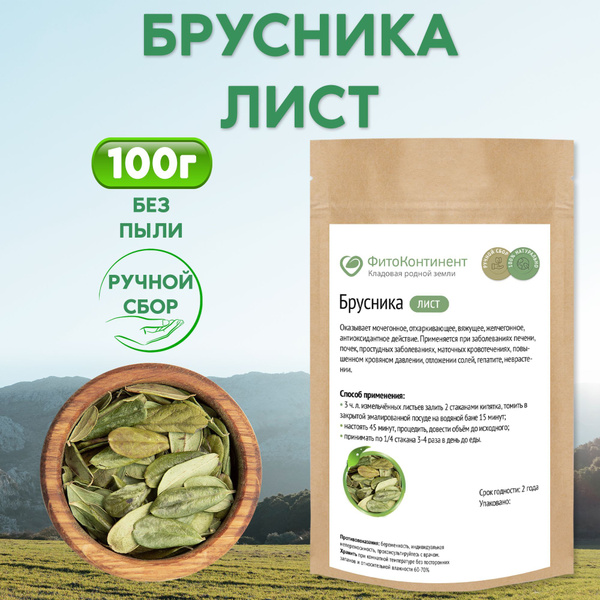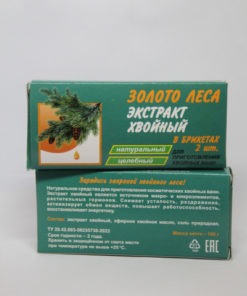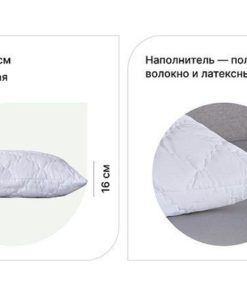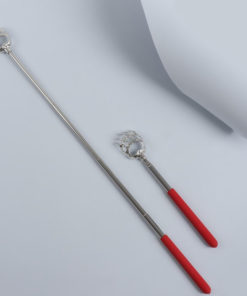Subtotal: $79.00
Lingonberry Leaves, 100g
Description:
Lingonberry leaves (Cowberry leaves) boast a rich history of traditional medicinal use, offering a wide array of potential health benefits. They are traditionally recommended for a variety of conditions, including: kidney and liver diseases; urinary incontinence (enuresis); urethritis; diarrhea; rheumatism; gout; gallstones; neuritis; cystitis; edema; bronchitis; influenza; pneumonia; uterine bleeding; hypertension; salt deposition; arthritis; neurasthenia; pyelonephritis; prostatitis; and hepatitis.
Lingonberry’s potent therapeutic properties are particularly effective in addressing kidney and bladder disorders. Its rich composition of bioactive compounds—including phenolic glycosides, organic acids, catechins, flavonoids, and tannins—contributes to its multifaceted effects. The leaves’ pronounced diuretic action makes them beneficial for fluid retention, water-electrolyte imbalances, and edema. They can be used alone or as part of herbal blends.
Lingonberry leaf preparations also exhibit expectorant and anti-inflammatory properties, making them suitable for respiratory ailments such as bronchitis, pneumonia, influenza, and tonsillitis, aiding in faster recovery. Their antimicrobial and astringent qualities are beneficial for gastrointestinal issues, including gastritis (with low acidity), diarrhea, enterocolitis, flatulence, irritable bowel syndrome, and constipation.
Furthermore, lingonberry leaves demonstrate potential benefits for liver conditions, including chronic hepatosis, hepatitis, cholecystitis, and gallstones, acting as a mild choleretic agent and assisting in dissolving stones. They may offer support for musculoskeletal issues, such as osteochondrosis, rheumatic disorders, non-specific arthritis, gout, and other joint problems. As an adjunct therapy, lingonberry leaf extracts may be considered for dermatological conditions like neurodermatitis, eczema, and psoriasis. They may also help manage uterine bleeding and hypertension, and show promise in the early stages of diabetes as a mild hypoglycemic agent.
Lingonberry leaves also possess a pleasant aroma, making them ideal for brewing a soothing tea to combat asthenia, fatigue, and general weakness. The presence of rutin contributes to their antioxidant effects, strengthening capillaries and improving peripheral circulation. The berries themselves also possess medicinal properties; the juice is traditionally used to lower blood pressure, disinfect the urinary and intestinal tracts, and address low stomach acidity.
Recommended Usage & Preparation:
- Minimum recommended course: 5 packages.
- Infusion: Steep 3 teaspoons of crushed leaves in 2 cups of boiling water in a covered enamel pot for 15 minutes. Let it steep for an additional 45 minutes, strain, and top up to the original volume. Take 1/4 cup 3-4 times daily before meals.
- Decoction: Boil 1 tablespoon of crushed leaves in 1 cup of boiling water for 5 minutes. Steep for 1 hour, then strain. Take 1 tablespoon 3-4 times daily before meals.
- Tea: Steep 1 teaspoon of crushed leaves in 1 cup of boiling water for 30 minutes, then strain. Take 1/4-1/2 cup 3 times daily, 30 minutes before meals.
- Alcohol Tinctures:
- Method 1: Macerate 10 grams of crushed leaves in 20% alcohol for 10 days in a dark place, shaking occasionally. Strain and take 30-50 drops 3-5 times daily before meals.
- Method 2: Fill 1/3 of a half-liter jar with crushed leaves, fill to the top with 40% alcohol, seal tightly, and let it infuse in sunlight for 10-14 days. Take 30ml twice daily before meals.
- Mouthwash: Steep 10 grams of leaves in 1 cup of boiling water in a water bath for 25 minutes. Allow to cool, strain, and bring the volume to 200ml. Rinse your mouth every 2-3 hours.
Contraindications:
Individual intolerance.
Keywords:
Lingonberry leaves, Cowberry leaves, herbal remedy, kidney health, bladder health, urinary tract infection, UTI, diuretic, anti-inflammatory, expectorant, gastrointestinal health, liver health, arthritis, rheumatism, gout, hypertension, diabetes, antioxidant, tea, infusion, decoction, tincture, mouthwash, natural remedy, traditional medicine, herbal supplement.
 Free worldwide shipping on orders $99+
Free worldwide shipping on orders $99+
 US: 2–3 weeks,
US: 2–3 weeks,
 EU: 1–2 weeks,
EU: 1–2 weeks,
 Worldwide: 1–4 weeks
Worldwide: 1–4 weeks


 COMBI-RELAX Pillow with 2 Buckwheat Hull Rollers
COMBI-RELAX Pillow with 2 Buckwheat Hull Rollers 
